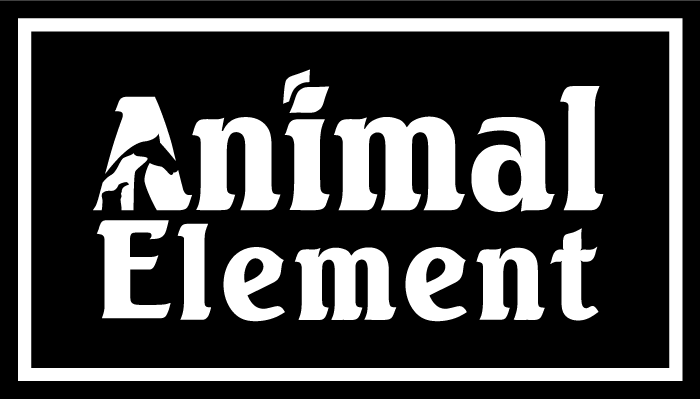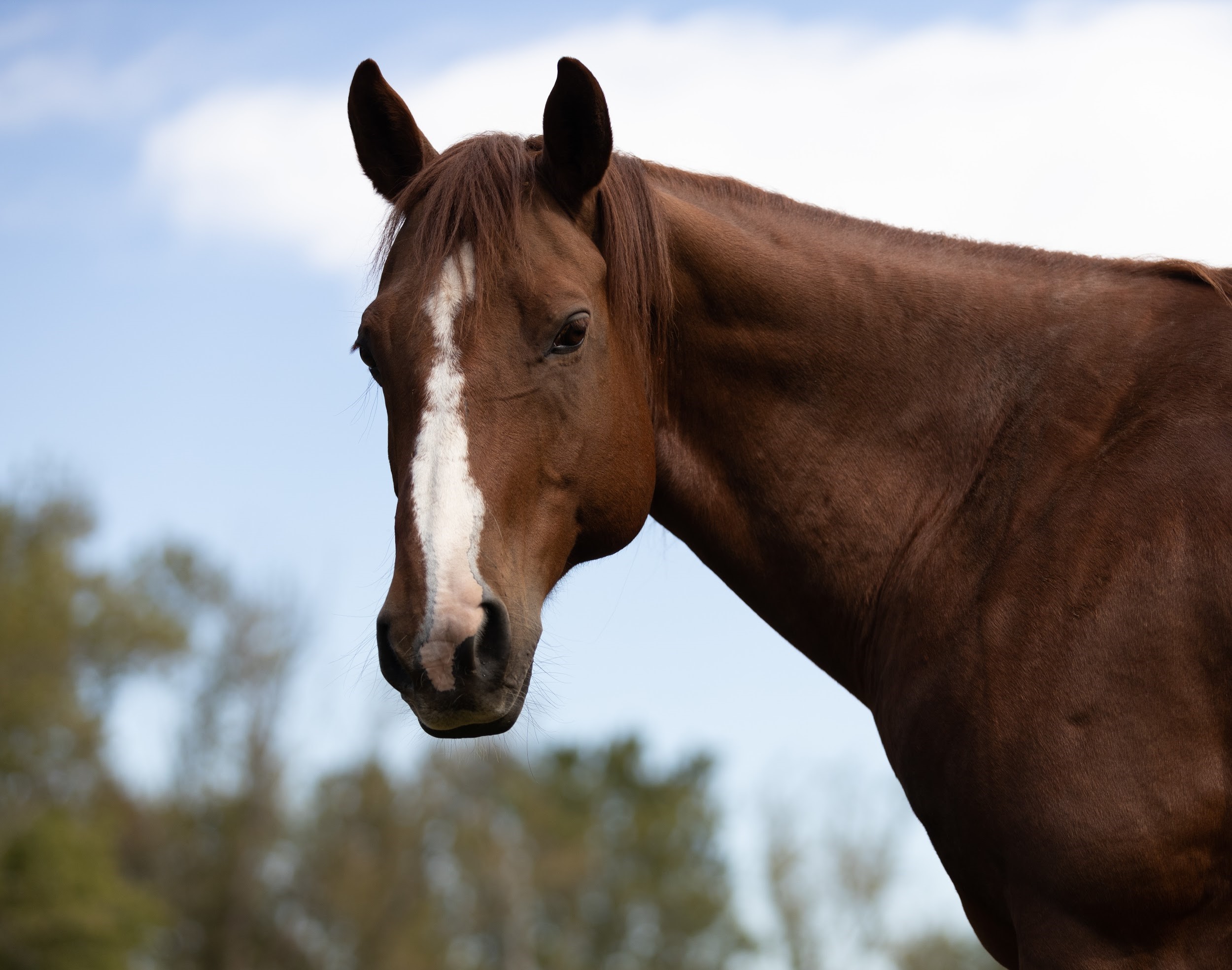Last updated on October 8, 2024
6 Things to Prepare Ahead of Time When Selling a Horse (So You Get Top Dollar)
Are you thinking about selling a horse in the near future? Or maybe you’ve already listed a horse for sale, but you’re not getting any good bites. Maybe some tire kickers, but you cannot figure out why this horse isn’t selling.
Today we are breaking down a few tips to help you sell your horse easily and for top dollar. While we always promote transparency and encourage sellers to be honest about their horse’s abilities, dependability, and soundness, there are things that you can do to prepare your horse for the best sale possible.

6 Things to Think About When Selling a Horse
1. Focus on a good top line and body condition
- There is something to be said for a horse with a good body condition. Not only are they more appealing to a smart buyer’s eye, but if your horse has a good body condition and a good top line, it lets potential buyers know that it is more likely that this horse has been well taken care of and should have fewer problems later on.
- If you are listing your horse in a competitive market, a horse with good weight and a good topline will stand out against a skinny horse that has “big feed bill” and “lots of vet bills” stamped all over him.
- FDD and NuTrack are always the best places to start when improving a horse’s body condition and top line. Just look at some of these before and after photos and tell us you wouldn’t prefer to purchase the “after” version of that horse!

2. Before selling a horse, get them in tip-top shape
- Often buyers will want to try a horse before buying them- and understandably so. Potential buyers may even want to take a couple of practice runs on the horse before they hand over a check. Not only will having your horse legged up make them look better for listing photos, but it will help protect them against injuries and help potential buyers have a better picture of what that horse is capable of- rather than just being winded from walking around the arena.
3. Invest in good-quality photos
- Taking great pictures of a horse takes skill and a lot of practice. Very few non-photographers can get a top-quality photo of a horse. High-quality photos can make the horse appear worth top dollar price.
- If possible, try to work with a photographer who is either a horseman themselves or who specializes in equine photos. Yes, everyone loves to take pictures of horses, but knowing how to show off a horse’s assets for sale photos is a skill that takes practice.
4. Consider filming your horse with several different people riding him
- This tip is one that few people actually think about. Yes, we see that your horse rides around nicely for you, but what about someone who’s NOT you and who hasn’t ridden him for the last 4 years? What does “Ol Sorely” do for a stranger?
- When you do this, just make sure to communicate on the videos that the person riding them is not their usual rider. If nothing else, videos like this should answer several questions that you would otherwise have to field in your inbox.

5. Consider the real market value when you price your horse
- You may love everything about your horse and think he is the greatest thing since sliced bread (and really, we hope you do). But someone else may not think all of his quirks are endearing, and may not see the same potential in him that you do. Don’t feel bad, it’s human nature to think our own stuff- horses included- is pretty awesome. But don’t expect a buyer to automatically share your same sentiments. The horse market has seen pretty big changes in the past 5 years, there is no “Kelly Blue Book” for horses. It’s still a subjective market and commands subjective prices.
- When setting the price for your horse, consider the overall market. Consider how your horse realistically compares to others being sold, and what their list price is. Though you can never know for sure what a horse actually sold for (even at an auction), you can take an educated guess on what a good starting price may be.
6. Be transparent
- Buyers are savvy. EVERY horse has a quirk of some sort. Please don’t pretend that your horse is something different than what they are. It’s always better to be upfront about your horse’s tendencies. If you sugarcoat it, that could ruin your reputation as a seller or worse, get someone hurt.
Selling a Horse Doesn’t Have to Be Complicated

Whether you decide to take your horse to an auction, list them through a broker, or sell them yourself, all of these tips will help your horse shine on sale day! Make sure to get them in good condition with a full top line, document them professionally in both still-frame and video and consider the actual market value (not sentimental value)of your horse. Above all, be honest about their strengths and shortcomings. Buyers love a transparent seller.
If you need help with top line and body condition, contact Mark! He will hook you up with our power duo Foundation Daily Detox and NuTrack Digestive Support. These two supplements have proven time and time again to be just what horses need to take them to the next level physically and mentally. Call or text Mark at 509-301-1798.

